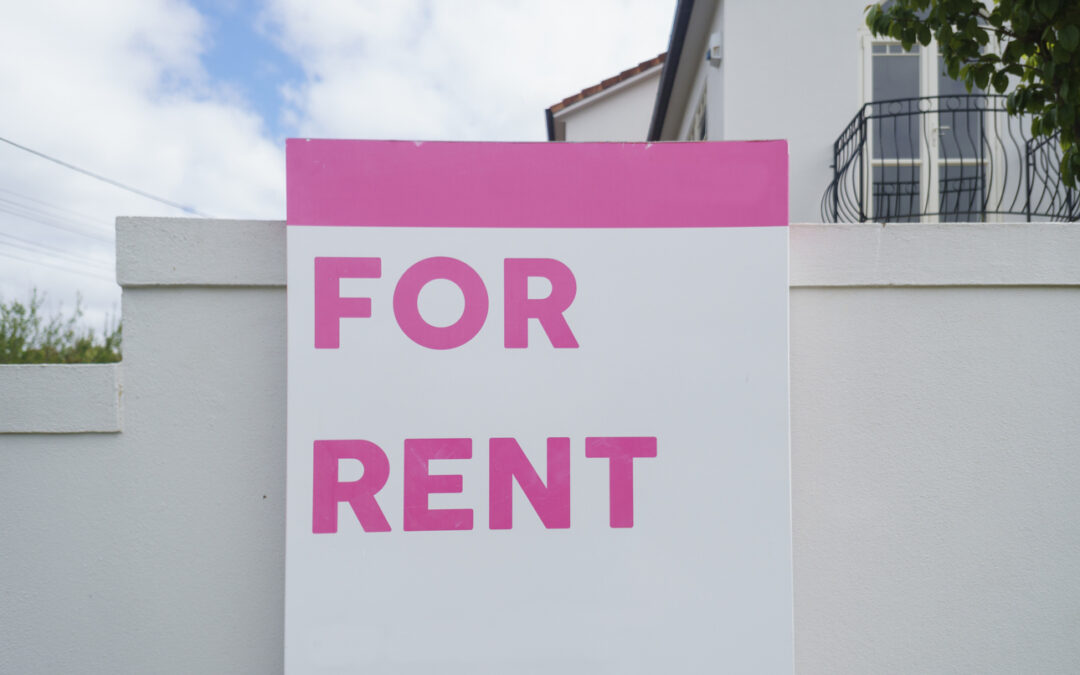Reintroducing ‘no cause’ terminations, changes to notice periods and pet rules, in this month’s blog we look at the proposed tenancy law changes are set to take effect early next year.
In recent government updates, proposed changes to the Residential Tenancies Act 1986 have been unveiled, marking a significant step towards enhancing the rental landscape in New Zealand.
These amendments, part of the National Act coalition agreement, are poised to take effect in early 2025. They offer a positive outlook for landlords and tenants, including those with beloved pets.
Housing Minister Chris Bishop expressed optimism about the changes, stating, “Our Government is making sensible pro-tenant changes to the Residential Tenancies Act to help increase the supply of rental properties.”
“These changes will make it easier for Mum & Dad landlords to be part of the rental property market, leading to an increased supply of rental properties and applying downward pressure to rents.
“These changes are part of the Government’s plan to create a well-functioning rental property market, which itself is part of the wider plan to solve New Zealand’s housing crisis.”
Proposed Changes will include:
- Reintroducing 90-day ‘no cause’ terminations for periodic tenancies, meaning landlords can end a periodic tenancy without requiring a specific reason.
- Returning landlords’ notice periods for ending a periodic tenancy to 42 days where:
- they want to move themselves or a family member into the property or
- the tenancy agreement notes the property is usually used to house employees, and they want to move an employee into the property or
- where the property is subject to an unconditional agreement for sale requiring vacant possession.
- Returning tenants’ notice period for ending a periodic tenancy to 21 days.
- Reintroducing landlords’ ability to give notice to end a fixed-term tenancy at the end of the term without requiring a specific reason.
The proposed pet-related changes to the Act will:
- Introduce a pet bond (set at a maximum of 2 weeks’ rent) that can be charged in addition to the existing bond
- Make tenants liable for all pet damage to properties beyond fair wear and tear. This means a tenant is fully liable for any accidental or careless damage caused by pets, as well as any intentional damage, and
- Require that tenants may only have a pet or pets with the consent of the landlord, who can withhold consent on reasonable grounds.
The non-exhaustive list of reasonable grounds for refusing a tenant’s request to keep a pet in a rental property will include:
- The property is not suitable for the pet due to factors such as the size of the property, insufficient fencing, or unique features that would be difficult to remedy if damaged by a pet.
- Relevant body corporate rules or council by-laws prohibiting pets.
- The pet is unsuitable for the property due to:
- the size and type of animal;
- its propensity for causing damage to premises or disruption to the neighbourhood;
- it being a dog that is classified under the Dog Control Act 1996 as dangerous or menacing; or
- evidence the pet has previously attacked people or other pets.
- The tenant has not complied with any relevant local animal by-laws.
- The tenant has not agreed to the reasonable conditions proposed by the landlord as part of the consent to keep the pet.
If you have any questions about these upcoming changes or the recent tax changes for landlords, please get in touch with our Angels; we are here to assist both our landlords and tenants, especially through these changing times.

